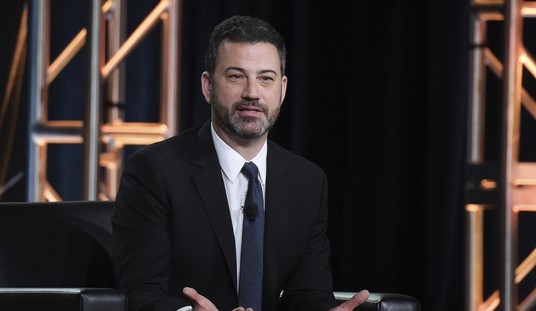Frustration mounted at a Senate Appropriations Committee hearing Thursday over the lack of President Obama’s concern about entitlement spending as sequestration draws closer.
Danny Werfel, federal controller of the Office of Management and Budget, testified that the president has made “significant progress” toward balanced deficit reduction.
“The long-term solution is a balanced approach, of spending reductions and revenues that builds upon the significant deficit reduction we have already worked together to achieve, strengthens the middle class, protects investments critical to our nation’s continued growth and prosperity, and avoids sequestration,” Werfel said.
Sen. Lamar Alexander (R-Tenn.) kept trying to get Werfel to explain the entitlement savings in Obama’s plan to reduce the deficit $4 trillion over 10 years.
“You said there are $500 billion or $600 billion out of a $4 trillion goal that’s entitlement spending. What I said is you’ve got 38 percent or 39 percent of the budget that’s under control and 55 percent that’s out of control, that’s growing at the rate of 3 percent or 4 percent a year,” Alexander said. “And we’ve raised taxes. We’ve put caps on discretionary spending. And what’s happening is entitlement spending is going to soak up all the money that all of you are worrying about over the next five years. And there’s no plan from the president to deal with it.”
The senator said he wants to see a plan out of the White House to restructure Medicare and Medicaid.
“According to the president’s own debt commission, federal revenues will be enough in 2025, which is only 12 years away, just to pay for entitlements and the debt. So there won’t be any money for any of the things that any of you say are very important to the country, and which I agree with,” Alexander continued.
“So states have to balance their budgets. And why is it that in the federal government we don’t get together during these next couple of months and do what everybody knows we have to do which is get control of entitlement spending so we don’t have the problem that you’re — you’re talking about? And it will not happen unless the president leads the way with specific proposals, which he has not yet done.”
“I’m not in any way disputing that the growth of entitlement cost is a major, major driver, the major driver in our deficit reduction challenges,” Werfel protested. “What I’m pointing to is the fact that both members of both parties and independent experts have pointed to a $4 trillion benchmark of overall deficit reduction savings as a smart, sensible next move that we can do to stabilize debt.”
Alexander noted that he and Sen. Bob Corker (R-Tenn.) put the Dollar-for-Dollar Act, a $1 trillion plan to reduce entitlement spending, on the table.
“Why hasn’t the president done that?” he asked.
“Well, the president’s ready, I think, to negotiate on sensible entitlement–” Werfel responded.
“He is the president of the United States. He’s supposed to lead,” Alexander shot back.
“And he has put forward a plan. The notion that he hasn’t is untrue,” said Werfel.
“He has not put forward a plan to deal with entitlement spending, because the plan which you related is $500 billion or $600 billion out of the $4 trillion, and it does not address restructuring the programs that are causing the government to go out of control in spending and causing the devastation that’s been described here this morning,” Alexander said.
Committee Chairwoman Barbara Mikulski (D-Md.) simply said, “This is a preview of things to come.”









Join the conversation as a VIP Member